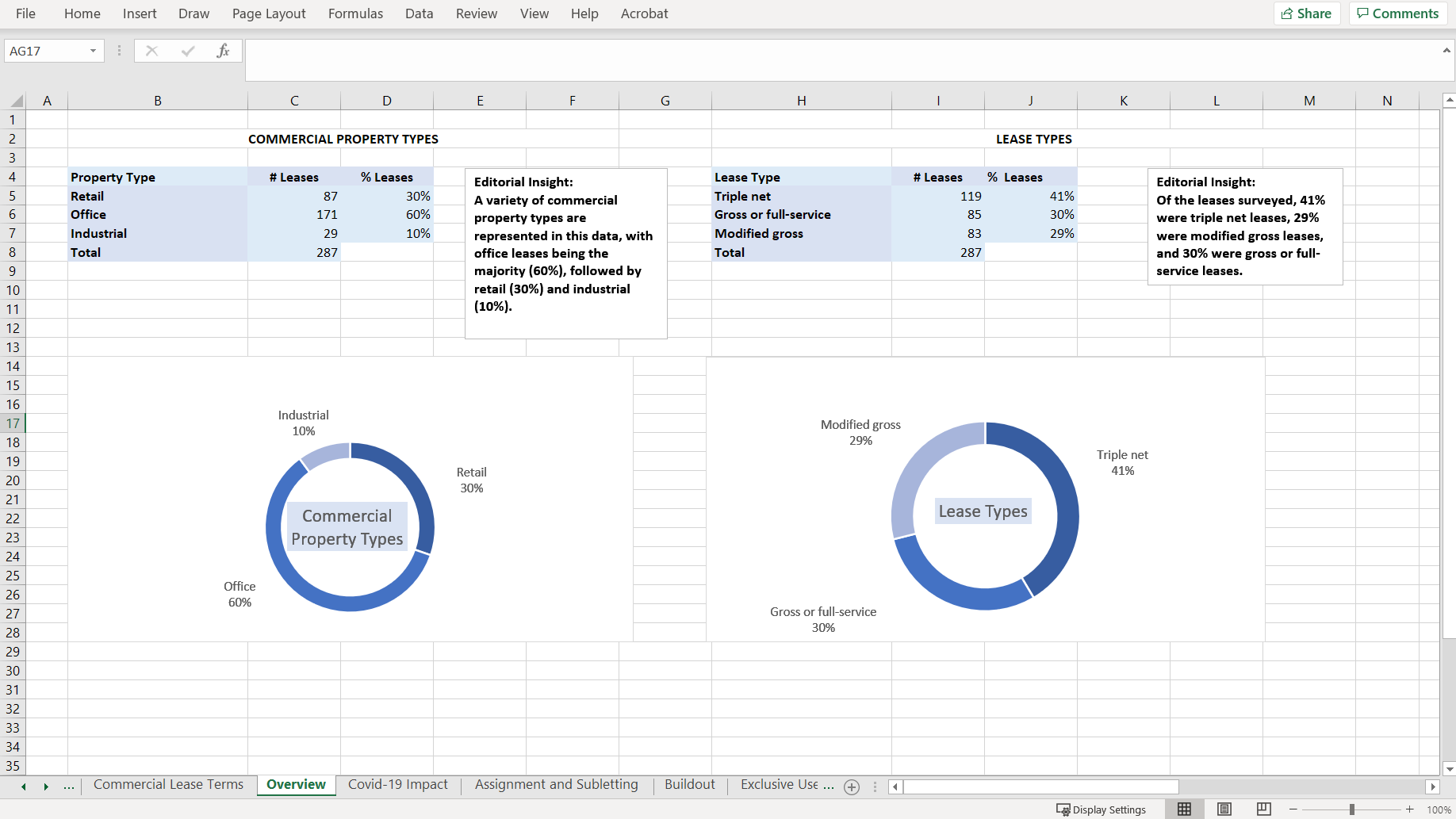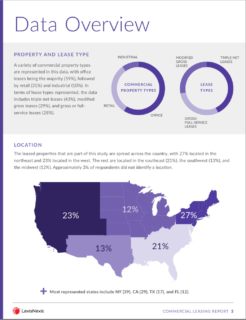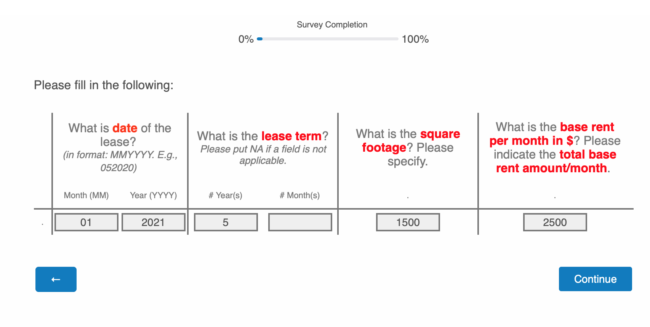LexisNexis today launched a unique “crowdsourced” solution to a problem faced by lawyers who negotiate commercial leases, which is the lack of data on market standards and trends to aid them in lease negotiations.
Because commercial leases are typically private, lawyers are unable to get a broad view of the terms and standards used in the market. This means that their view of market practice is often limited to the deals they or their firms have worked on.
With its new Survey of Commercial Lease Terms, part of the Practical Guidance suite of products, LexisNexis is aiming to address this issue by incentivizing lawyers to contribute data on leases they have negotiated, thereby building up a practical collection of lease data that attorneys can use for research in negotiating new leases.
“Getting the best terms in a commercial lease negotiation requires an accurate view of current market conditions, but lawyers typically see only a slice of the market based on their own deals or those of their organization,” said Eric Bourget, senior director of Practical Guidance. “With the survey, lawyers now have access to an always up-to-date source of market standards for legal terms.”
Already, LexisNexis has collected data on more than 300 private commercial leases, most for office, retail or industrial leases. From those leases, it is tracking data on more than 40 deal points. These include notice and cure rights, guaranty structure, tenant options, rent abatement, tenant improvements, holdover, and force majeure.
While this crowdsourcing approach is unique, the delivery of the product is also unique. What attorneys get access to is a Microsoft Excel spreadsheet (see featured image above) through which they can search, filter and analyze all this data. The spreadsheet is regularly updated with new data and also includes editorial insights to highlight key aspects of the data.
In addition to the spreadsheet, LexisNexis has produced an accompanying editorial product, Commercial Leasing Report, that it will update at least twice a year, or more often if market conditions call for it. The report includes charts and analysis of various market sectors and trends.
The product was demonstrated to me earlier this week by Bourget; Daniel Lewis, vice president of Practical Guidance; and Lesley Vars, product manager for Practical Guidance.
Vars, who formerly negotiated commercial leases as a lawyer with Kramer Levin and Reed Smith, said this product should be useful to lawyers in determining whether to include certain types of provisions. The lawyer would be able to see how frequently a particular type of provision is used across the market, or apply filters to see its use in a particular city or market segment.
She believes it will also be useful to attorneys who are negotiating in unfamiliar territory, such as a city or market segment in which they do not typically work.
A particular feature of both the survey and the accompanying report provide insights into the pandemic’s impact on commercial lease negotiations, such as the spike in inclusion of pandemic-related events in force majeure clauses seen in the third quarter of 2020.
The incentive for lawyers to contribute their own lease agreements is free access to the product (plus a $20 gift card). Lewis describes it as a “give to get” model. If you give a lease, you get a free copy of the current survey and accompany report (but not updates thereafter).
Lawyers do not actually upload leases, but rather complete a survey that covers key points of the lease deal.
The survey is also available to Practical Guidance customers who subscribe to the real estate set. Those customers will have access to the survey and all updates and reports.
Contributed data is anonymized so that no identifying details are exposed.
Through this crowdsourced approach, LexisNexis aims to collect leases of properties of all sizes and from all regions of the United States.
 Robert Ambrogi Blog
Robert Ambrogi Blog

